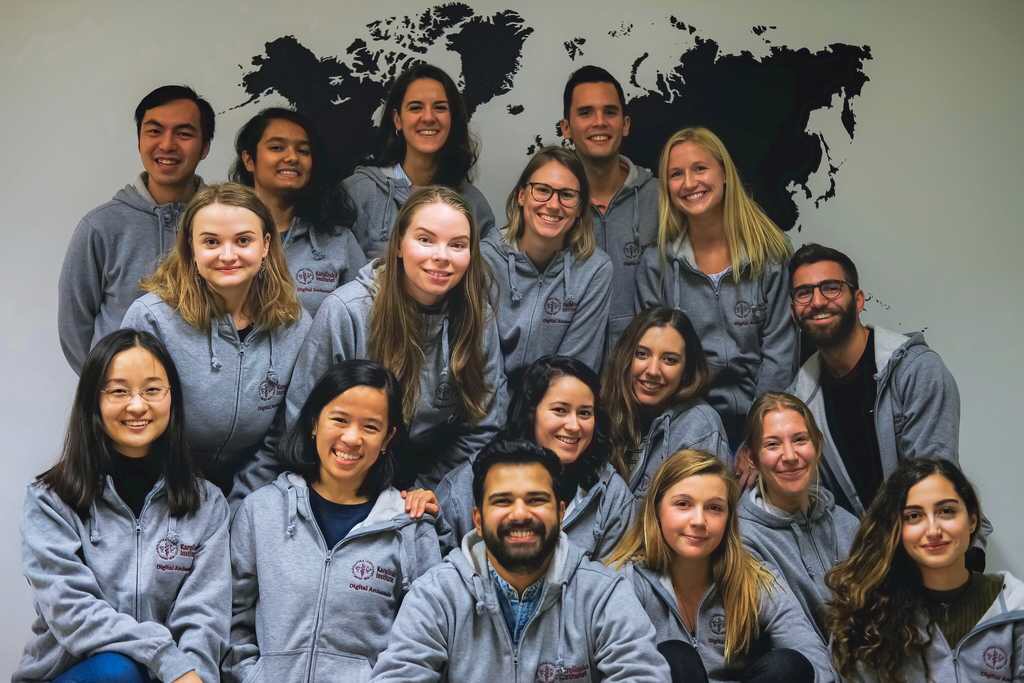4 Non-academic skills I learned during my master’s studies
My purpose of studying Master’s Programme in Nutrition Science at KI was to deepen my academic knowledge in this area. Yes, I have definitely learned a lot about that. Yet, this master’s programme also helped me to strengthen some non-academic skills which are not less important than the academic one.
Here are some non-academic skills I learned during my master’s study at KI:
1. How to communicate with people from different culture
Although english was used as the main language in international programmes at KI, to communicate with other people was not as easy as I had imagined before. As we came from various backgrounds and culture, the way we communicated was very diverse. Some spoke with very loud voice (but they were not angry), some talked rapidly (I wondered how fast their brains worked), some just wanted to make eye contact yet I felt that they stared at me, and many more. Fortunately, all new admitted students were taught about cross-culture communication. It enlightened me and helped me to prevent culture shock.

2. How to work in a team
As I have shared in my previous blogs, group work is a characteristic of Swedish education. Group work existed in every course. In some courses, members of a group were picked up randomly by a system. In other course, we had opportunity to build our own groups. Through group work, I learned how to discuss and divide work, how to give feedback in a good way, how to lead and listen.
In a course, we were even asked to write a contract with our teammates to set up some ground rules for the group work, such as what we would do if someone was sick and not able to finish his/ her task, how we would proceed if someone did not meet the deadline, etc.
In addition, I made friends through group work! I remembered my last group work in the fourth course consisted of 4 persons coming from three different continents. But we had a similarity: all of us were mothers having young children. The team was fun and full of understanding. We discussed a lot not only about the project but also about our children!
3. How to disagree
In Asian culture, expressing disagreement is implicitly forbidden. In my culture, most people prefer keep silent than to express their disagreement because disagreement is considered as something rude. On the contrary, I noticed that there were some friends from different culture spoke straight-forward when they disagreed on something.
During my studies, I observed the way the course leaders disagreed and I learned from there. An example of a polite and nice way to disagree: “your statement about X was interesting. Can you explain how you could come to that conclusion?”. Moreover, my classmates and I were also taught some principles on how to give feedbacks in academic presentation, including how to disagree politely in academic setting as well as how to respond to someone who disagreed with your statement.
4. How to network
I am an introvert person. I did not really enjoy meeting a lot of new people. However, I was aware of the importance of networking skill to build my career path. I was studying in the top 10 universities in Europe and I wanted to have an academic work in the near future. Therefore, I pushed myself to network.
I learned a lot about networking when I was doing my degree project. During the degree project course, I worked in a research group a KI. There I met and got connect with other students and researchers.
What about your experience on learning non-academic skills during your studies? You can share it by leaving a comment below 🙂
Have any comment, question, or suggestion? Contact me at email (resthie.putri@stud.ki.se) or LinkedIn (Resthie Rachmanta Putri).

0 comments